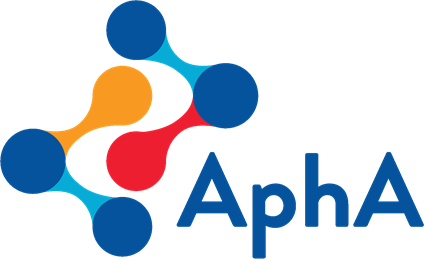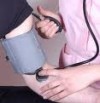Care Pathway Simulator (CPS)
Discrete event simulation used to re-design an outpatient clinic scheduling. The CPS is designed for value-stream modelling and design in healthcare.
MASHnet is proudly part of The Association of Professional Healthcare Analysts


Discrete event simulation used to re-design an outpatient clinic scheduling. The CPS is designed for value-stream modelling and design in healthcare.
The Care Pathway Simulator (CPS) allows users to trial different configurations of service in order to assess the benefits of alternative designs. Care pathway models are specified by the user to determine key parameters such as resource usage and patterns of care for different care scenarios. Discrete event simulation then delivers a range or outputs which are used to test the relative effectiveness of trial designs in terms of efficiency and resource use, queue lengths etc.
Case Study: A “one stop” or “rapid access” clinic is a new type of outpatient facility that is designed to deliver all the necessary expertise and diagnostic tests for common medical problems (e.g. Chest pain). However, it is difficult to plan exactly how much of each resource is needed for such a clinic to run cost-efficiently. The solution is to use a project management technique called “discrete event simulation” or DES to design, simulate and test the proposed healthcare process before trying it out in reality. DES has been used for many years in factories and businesses to analyse complex processes to make them as cost effective as possible and improve the competitiveness of the organisations – this tried and tested method is now tested in healthcare.
Other problems that CPS has already been used to analyse are the following:
CPS is being used currently by teams in Bradford (mental health service improvement), West Birmingham (stroke pathway improviement and cardiology outpatient clinic re-design) as well as a number of new projects at Good Hope.
This system won the Health Informatics Effectiveness Award 2005 for best use of IT in the NHS.
Its original use was in the re-design of services for a Vascular Surgery at Good Hope Hospital NHS Trust. In particular the system has been successful used to re-configure the appointments scheduling at the surgery.
The results have been widely acclaimed, see http://www.healthcare-computing.co.uk/hitea/hitea2005/goodhopehospital.htm
Reference: Dodds, S. (2005) Designing improved healthcare processes using discrete event simulation. British Journal of Healthcare Computing and Information Management. 22,5 pp.14-16. Downloadable at: http://www.saasoft.com/download/Dodds_BJHCIM_June2005.pdf
Vascular Surgery, Good Hope Hospital NHS Trust
SAASoft Ltd. (Simon Dodds, Vascular Surgeon, Good Hope Hospital , Sutton Coldfield)